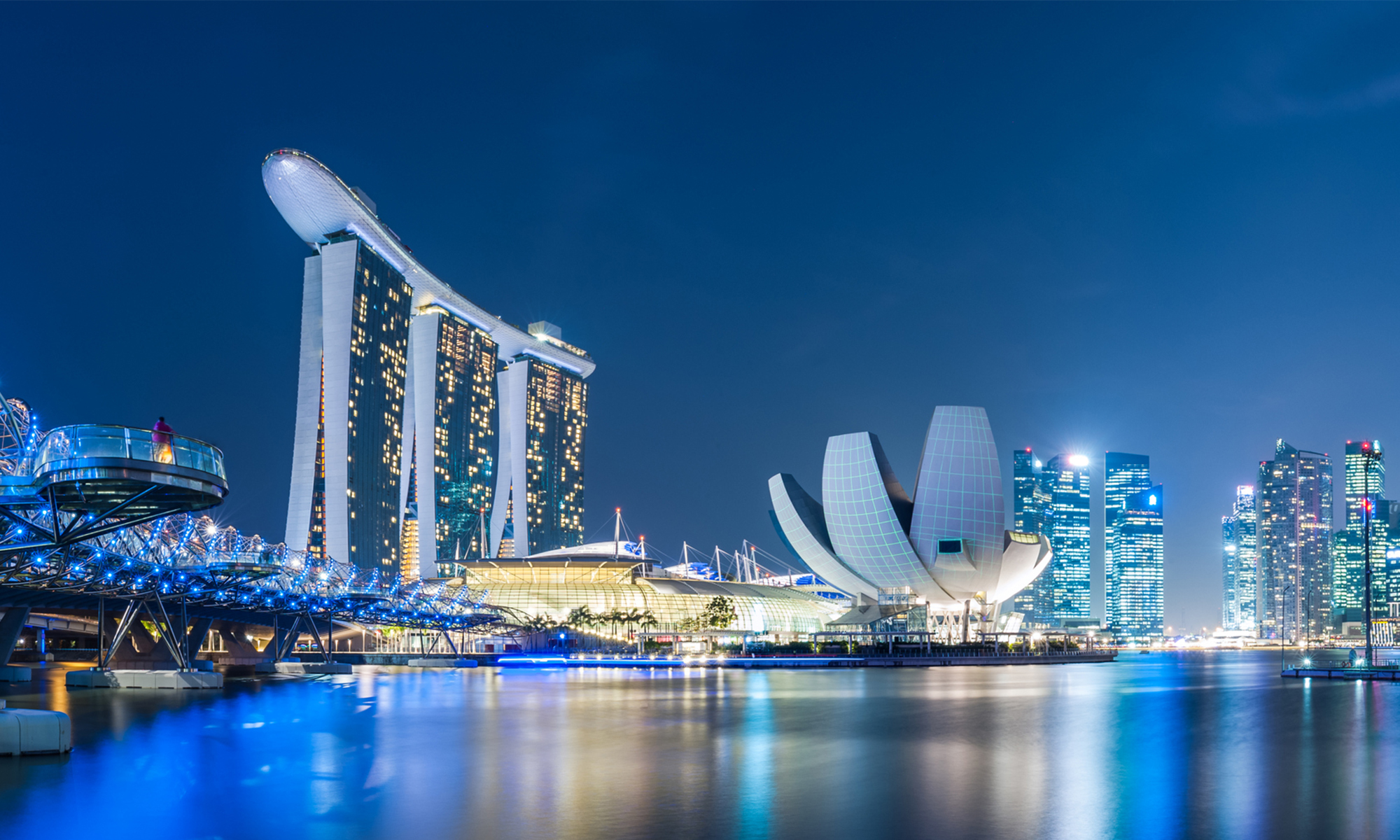Rising pressure to move towards net-zero carbon emissions has resulted in an increasing number of large corporations entering into physical power purchase agreements (PPA) and/or virtual power purchase agreements (VPPA) for renewable energy.
In resource-scarce Singapore, solar energy remains the main source of locally generated renewable energy. Recently, Singapore unveiled one of the world’s largest floating solar panel farms, but due to Singapore’s land constraints, the majority of the solar photovoltaic systems are deployed on building rooftops. Under a PPA arrangement, a corporation with rooftop space enters into a long-term offtake agreement to purchase power from a solar generator at a pre-agreed price based on a specific delivery schedule. This arrangement is commonly referred to as “solar leasing” in Singapore since the project developer will typically lease the rooftop from the corporation to install solar panels.
However, PPAs are often not feasible when dealing with constraints like limited rooftop space or where energy demands are in excess of rooftop energy generation. In such situations, we have seen more corporations turn to VPPAs to meet their sustainability goals.
We set out below a brief overview on VPPAs, including some of the key issues that, in our experience, parties to a contract often encounter.
Continue reading “Virtual Power Purchase Agreements in Singapore”
